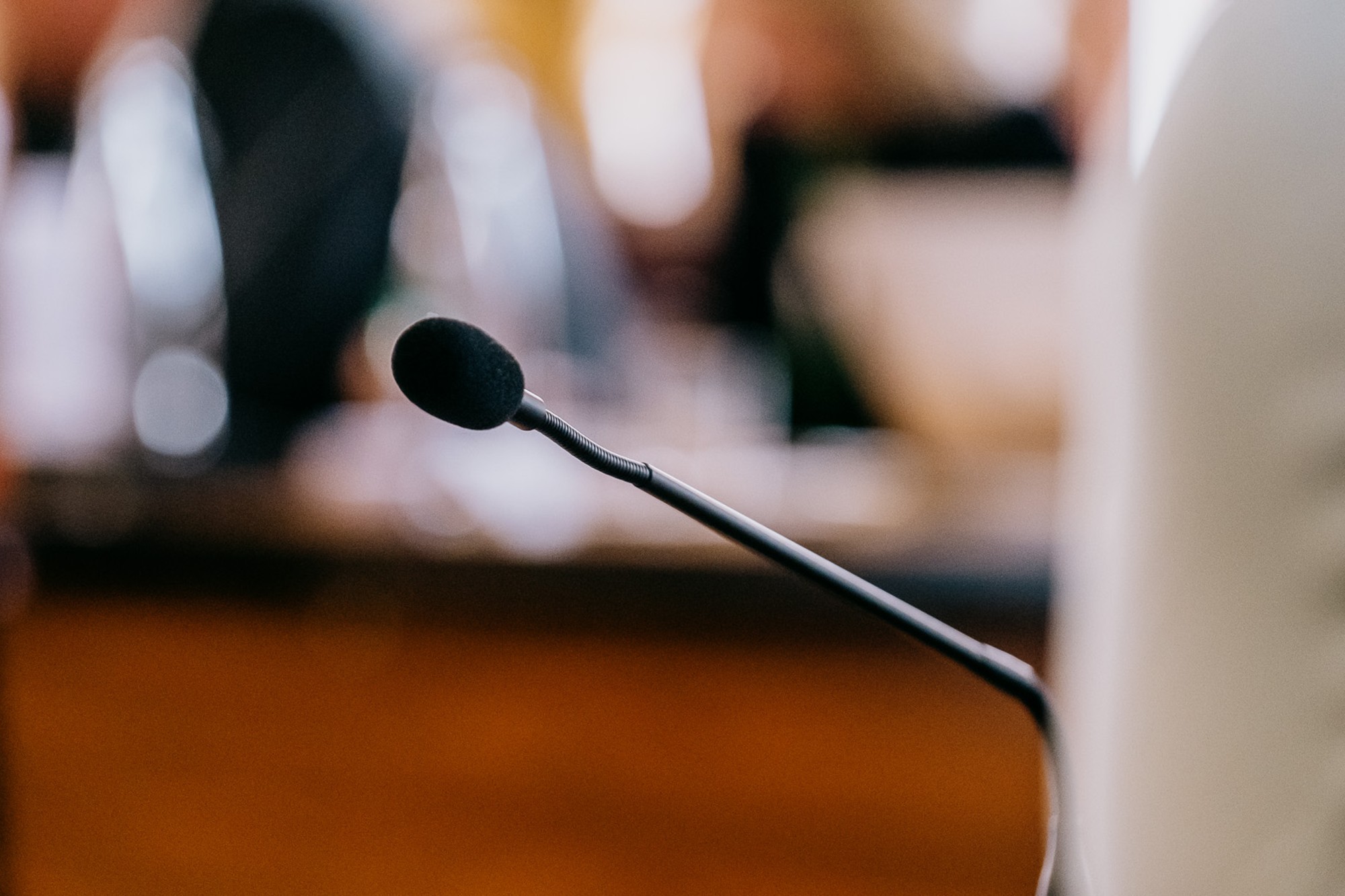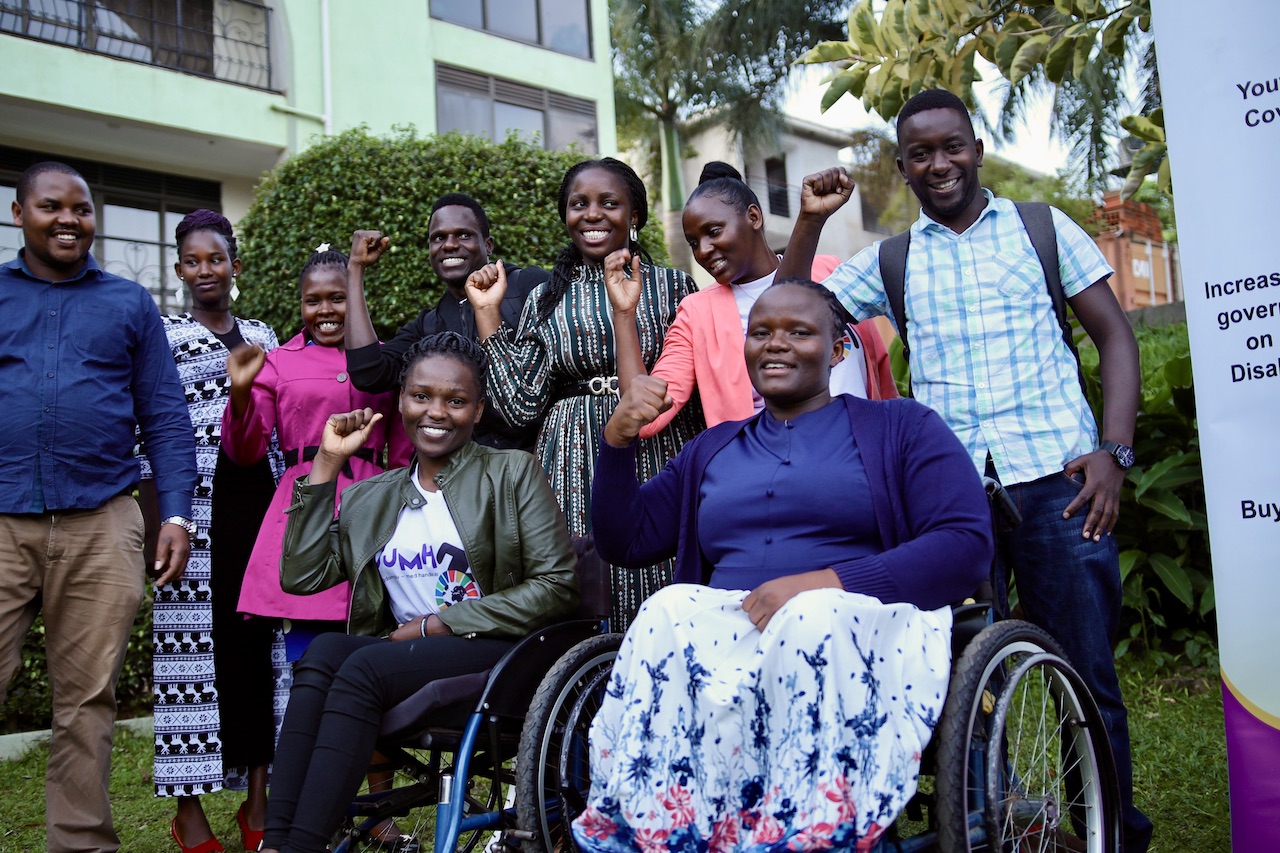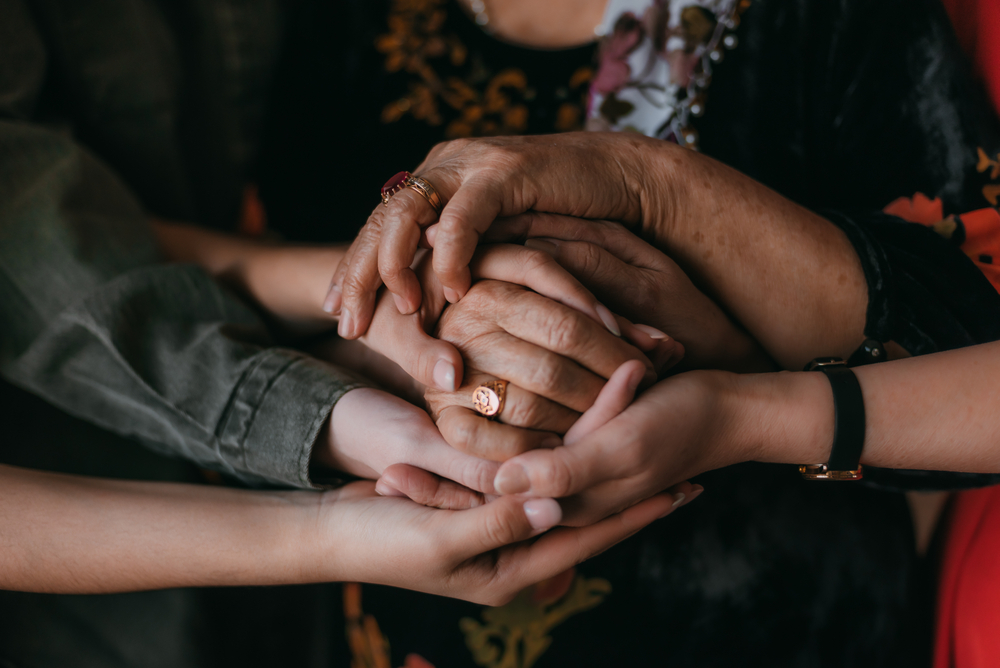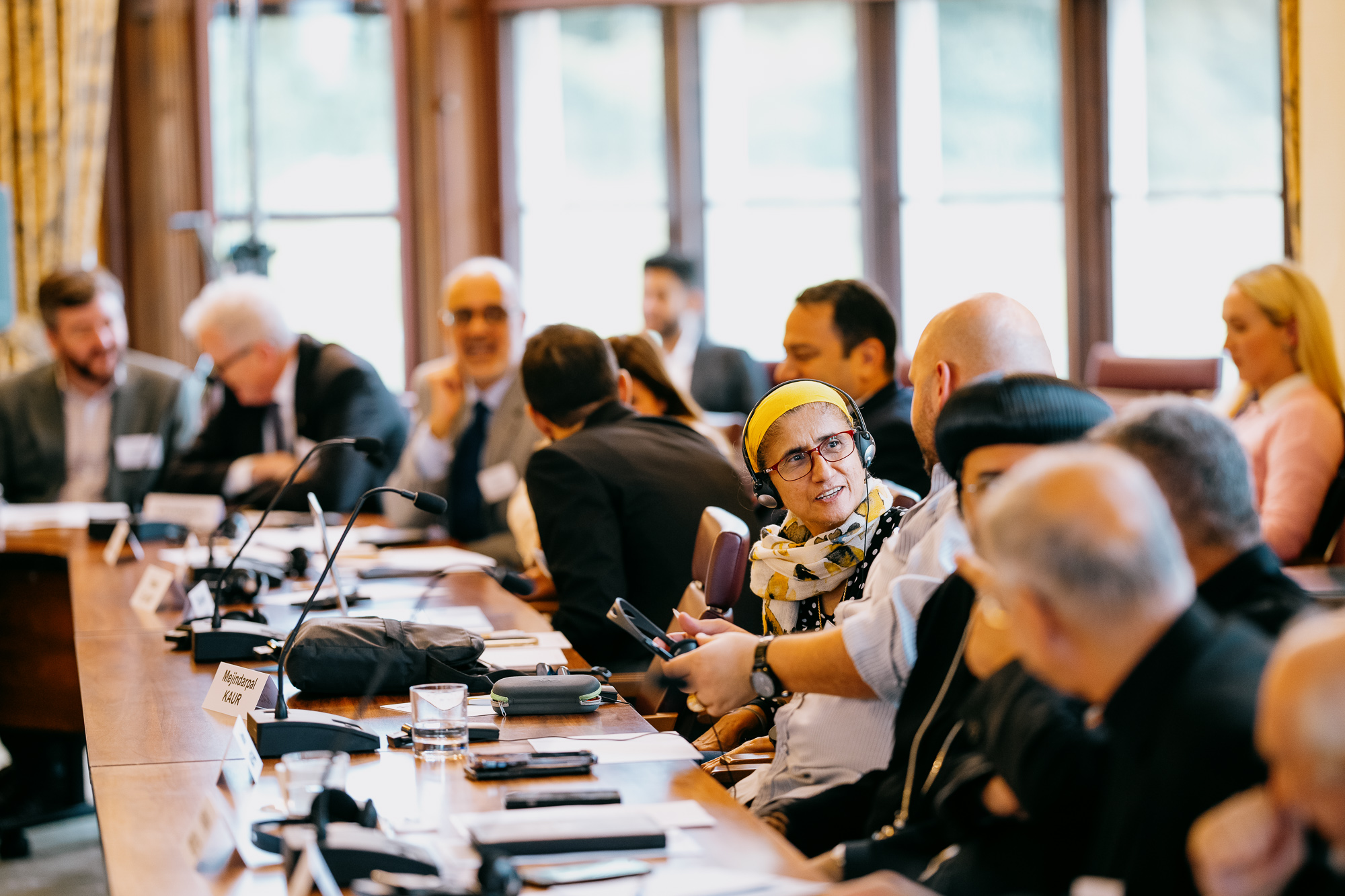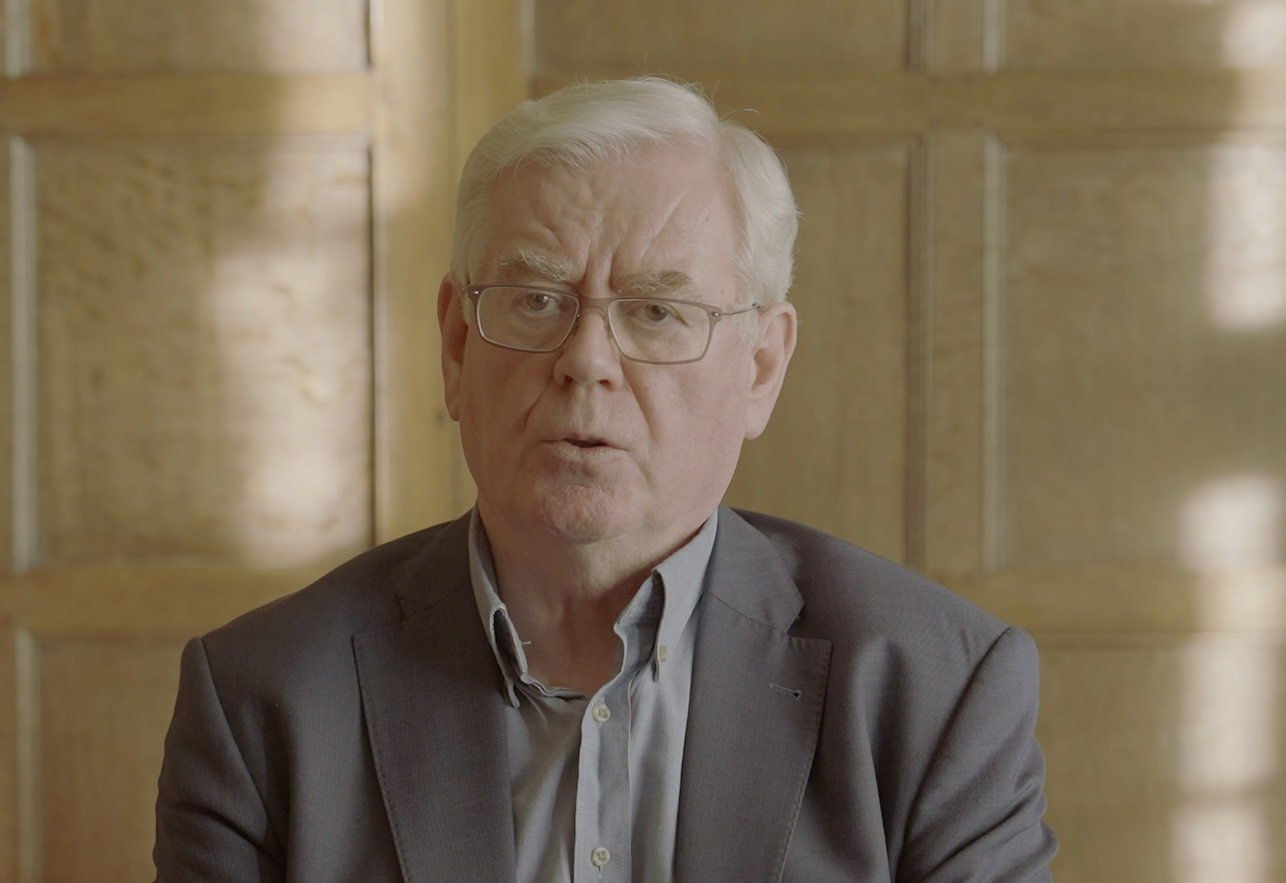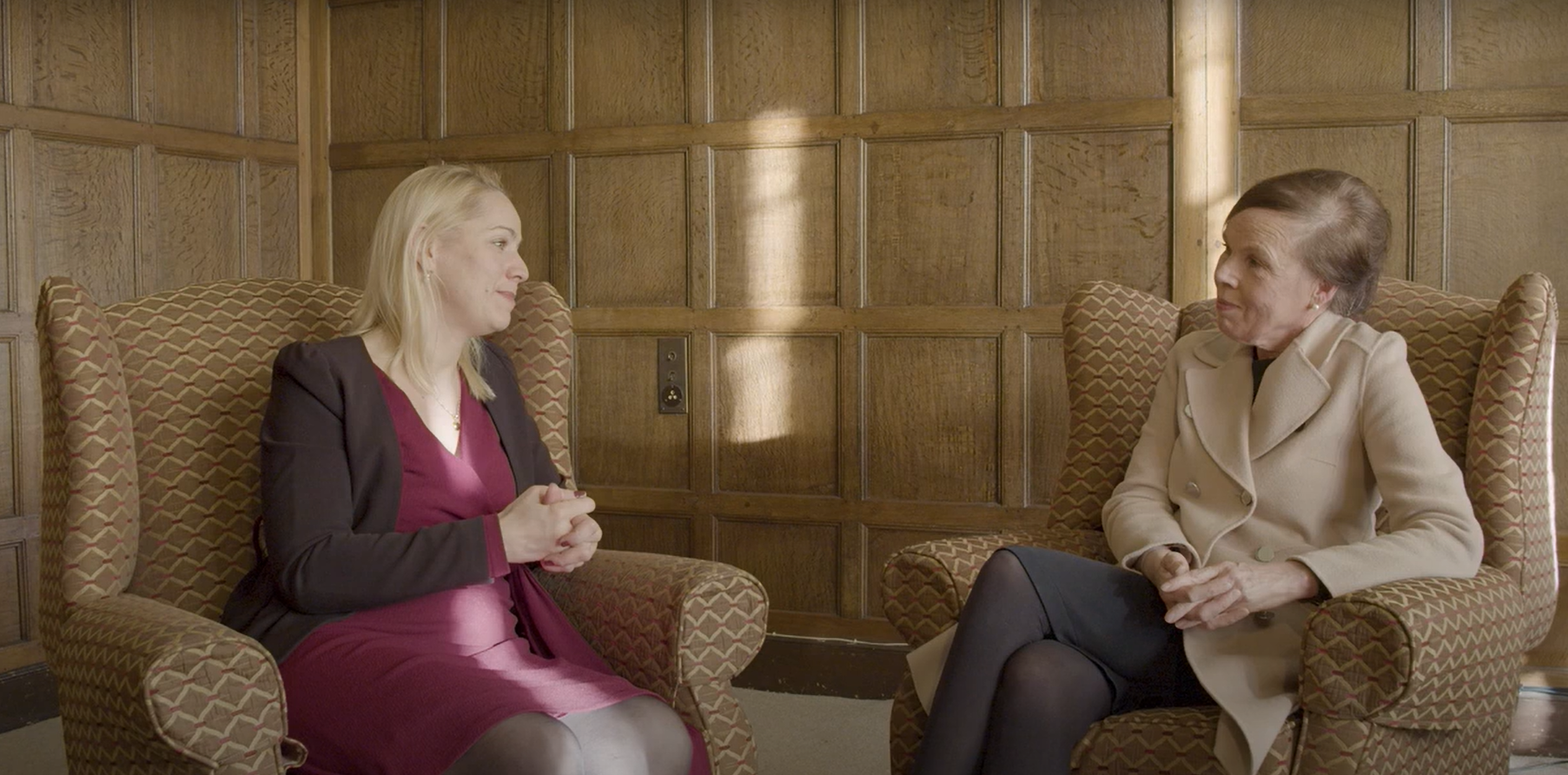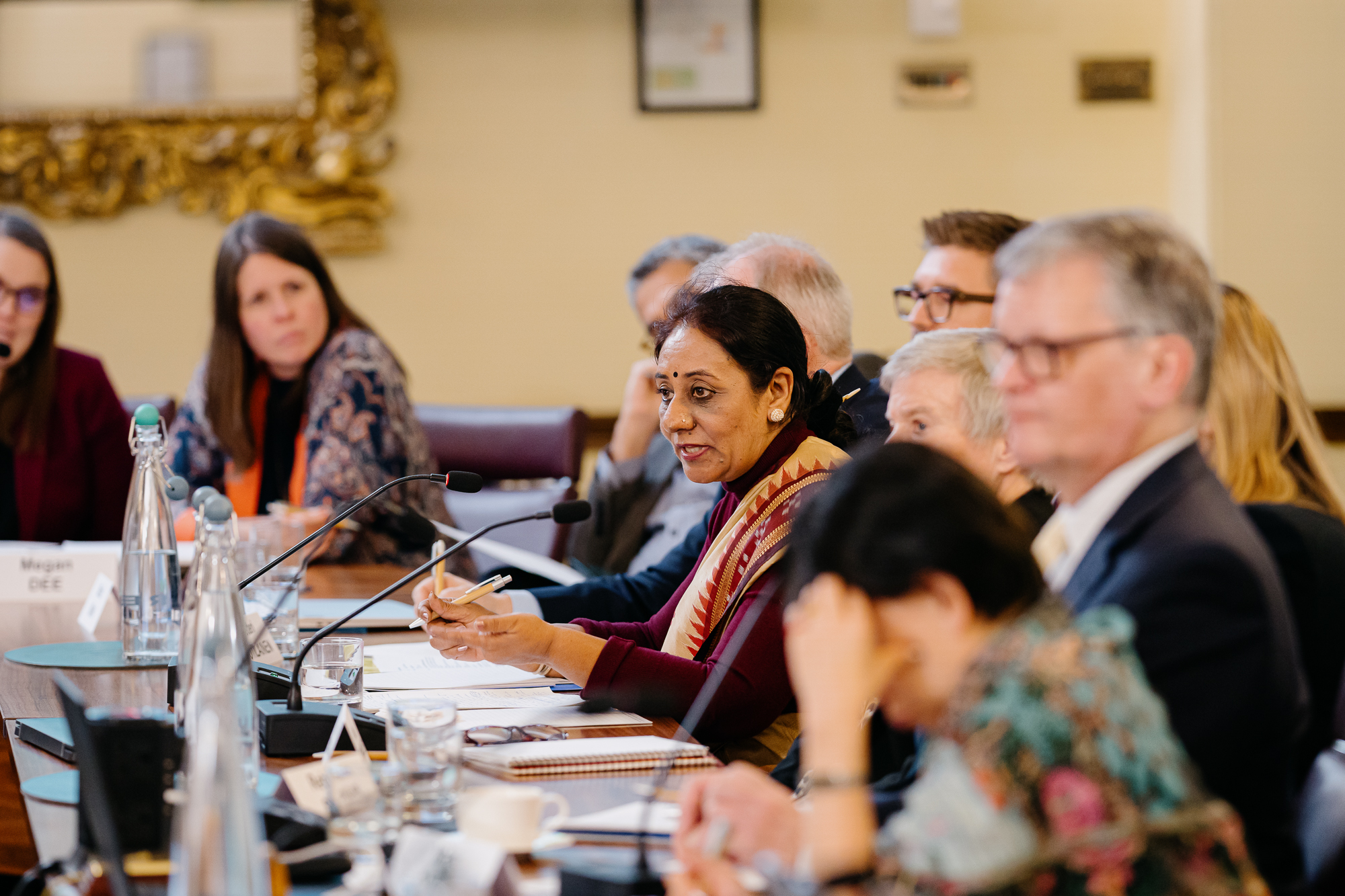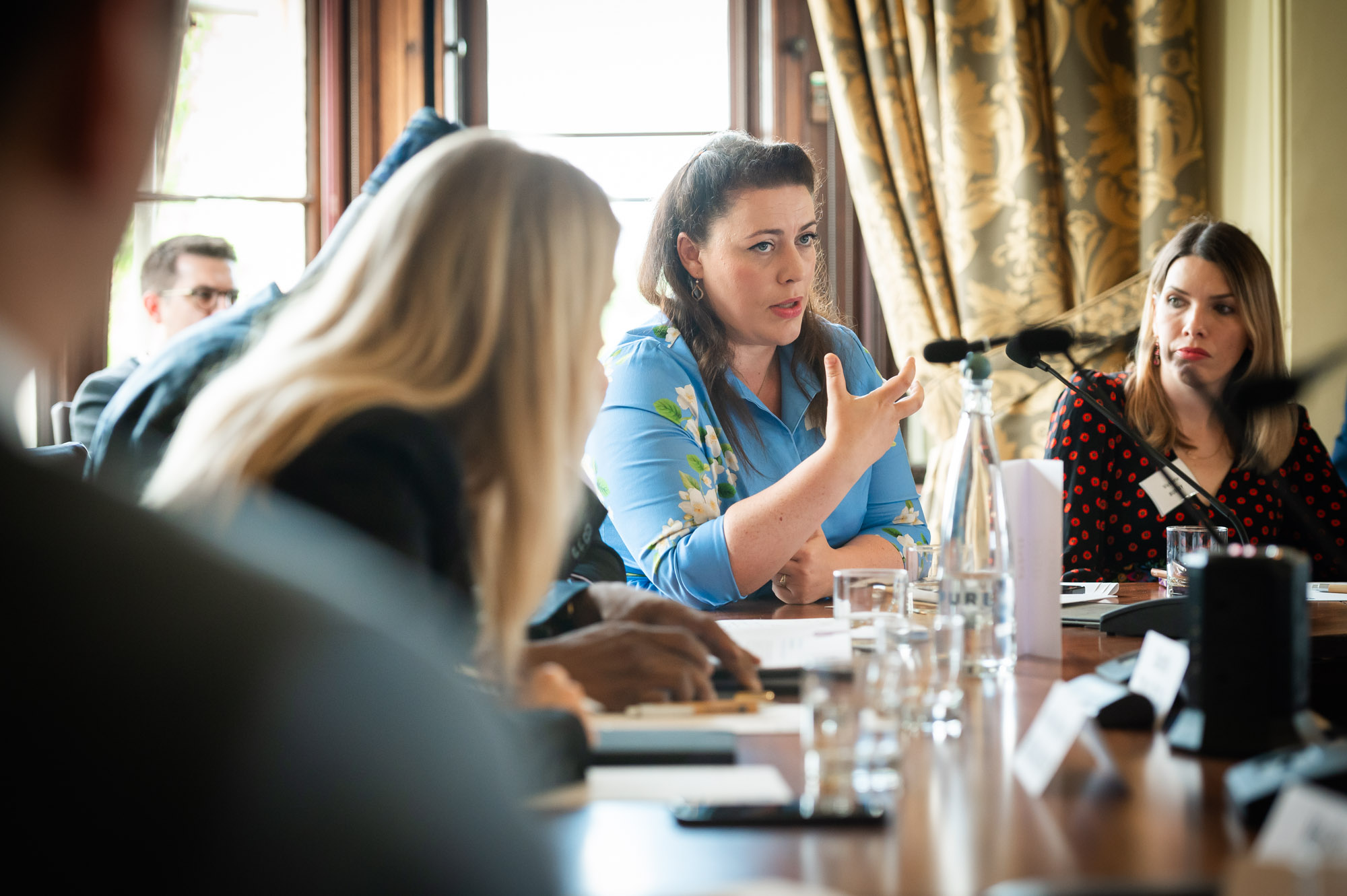The Wilton Park Youth Dialogues is a series of events that will be held throughout 2017 and 2018 with a specific focus on the Middle East, Africa and Europe. The dialogues will bring together young people, government and non-governmental organisations, civil society, academics, educationalists and business leaders, for honest, inclusive conversations about young people and their role in addressing local, regional and global challenges. They will provide a forum to discuss the effectiveness of existing policy approaches and will explore what new approaches are needed in order to co-create a more peaceful and prosperous world.
Goals and objectives
This series of dialogues will focus on young people, creating a positive and action-oriented debate with emphasis on youth ambitions and opportunities in relation to employment, education, security and peace. It will look at how best to harness the energy and imagination of young people, whilst ensuring that they are equipped with the education, skills and tools that will allow them to become resilient and thriving citizens in a challenging world.
This first event in the series set out the challenges and opportunities facing youth in the 21st century. In particular, it focussed on the growing intergenerational gap which excludes youth from the decision making process and risks creating a future that fails to meet their needs. This is a shared challenge among the diverse regions involved in the series: across all of these regions, youth are asking for a new social contract.
In the UK, intergenerational income inequality is growing. Millennials are at risk of becoming the first ever generation to record lower lifetime earnings than their predecessors. In parallel, their trust in traditional governance structures and their formal democratic participation are low.
In the Arab world, soaring education, globalisation, the rise of social media and the Arab uprisings have laid a foundation for a very different generation of youth. They are highly educated, with a sense of ownership over their futures that their parents did not have. But they are frustrated that the current economic and governance framework can serve as obstructions to the future they imagine for themselves.
In sub-Saharan Africa, under-employment and a chronic lack of jobs indicate that policy approaches must reach beyond employability, to provide an enabling environment in which young people can self-start and innovate. Their participation in the decisions that will facilitate or obstruct this is critical.
In all of these contexts, youth can catalyse positive change or be a destabilising force. Youth need to be talked with, not at or about, and this will mean that governance structures, aid policies and programming will need to change in formative ways.
This dialogue also explored the nature of the gap between the futures that young people imagine for themselves and those that policy makers imagine for them. It examined whether, how and in what settings young people are discussing and debating issues that matter to them, and how the social contract needs to change in response. It looked at existing models for youth engagement such as those adopted by the United Kingdom Government and other participating governments, the European Union and the United Nations, and considered the approaches that provide appropriate and safe spaces for government and youth to work together. It explored examples of some of the ways in which young people are taking positive collective action and consider the opportunities for government to engage with these.
